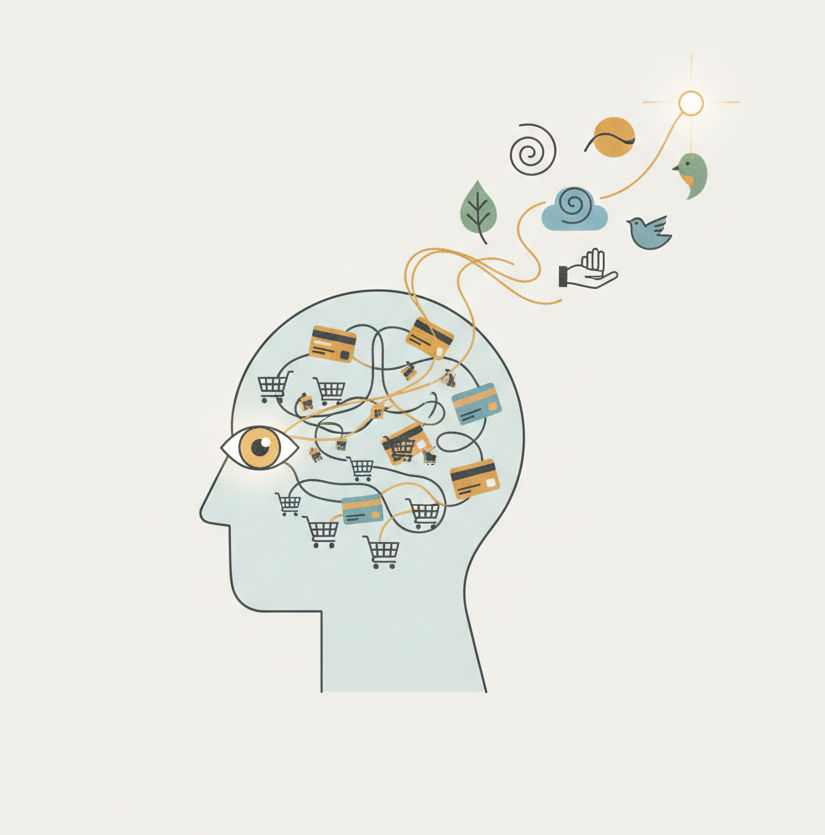Understanding Gie's Political Existentialism
- Mirza Hawary
- Oct 9, 2025
- 4 min read
In 1942, a man was born who was determined not to comply but to question everything, even in the face of authority. His name was Soe Hok Gie. His presence left a mark in Indonesian history; he cemented his legacy through integrity, and his values and courage inspired the upcoming generation to become like him. He is the true representation of an Indonesian activist.
But Gie was not just an activist. He was raised and lived in an intellectual household, so he absorbed and inherited his father’s love for dialectic, writing, and the pursuit of knowledge. From this household, his love for reading books was nurtured, and he stumbled upon names like Sartre, Camus, Tolstoy, and Orwell - great figures in literature and thought. Through their work, Gie shaped his framework of thinking around subjects like political philosophy and existentialism.
Gie lived in the transitional era between Orde Lama and Orde Baru, a time of instability in Indonesia’s history. He witnessed how idealism decayed in the face of power and how society was shaped through control and narrative propaganda. In this critical situation, Gie felt alienated from his peers when discussing his political stance on the state of the nation, and because of this, Gie often made time to go hiking to reflect on his life, choices, and values.
Gie considered the mountain not just a place that nature provides but a moral laboratory — a process of spiritual transformation that transcends the reality consuming most of his colleagues. In this process, Gie was faced with confronting himself about his choices in life, and in the silence of the hills, Gie cemented his philosophy: “Lebih baik diasingkan daripada menyerah pada kemunafikan.” From here, Gie’s political existentialist journey began.
Gie chose to be authentic rather than consumed by power or compliance with social norms. Gie took the quiet road, thought independently, and acted alone. He did not fear alienation, because for an existentialist, living honestly according to one’s own values is nobler than social acceptance. An existentialist idea from Sartre that states, “Man is condemned to be free,” also inspired Gie and shaped his fundamental reason for political action as an activist. As Gie said, “Hidup adalah soal keberanian, menghadapi yang tanda tanya, tanpa kita mengerti, tanpa kita bisa menawar. Terimalah dan hadapilah.” Gie knew the consequences of his actions and that he could fail, but still acted upon them because he saw activism as an act of meaning-making. We can see the implications of this philosophy on the streets where Gie spoke out against tyranny even with danger lurking around. His philosophy gave him the courage to fight, not because he was optimistic for victory, but because it gave his life meaning.
And lastly, his famous quote: “Saya percaya idealisme adalah kemewahan terakhir yang dimiliki pemuda.” Gie saw idealism as something scarce and valuable. Gie realized that the political reality in Indonesia was full of manipulation, betrayal, and moral corruption. But as an autonomous being living within oppressive social structures and institutions, pemuda, as Gie said, is the only phase where we still have the opportunity to choose freely before being tied down by the system. Pemuda is the only group of people with the existential freedom to choose to be honest and authentic. Gie didn’t do politics for self-interest, but to be human.
We live in a time where politics is constructed as a field of transactionalism, and the youth are persuaded and encouraged to be realistic from an early age. This quote calls us to ask: do we still have the courage to be idealists — not because we are naive, but because we realize that life without idealism is cowardice? Gie chose idealism as a form of rebellion against absurdity. And that, in its most honest existential sense, is politics — a conscious choice to be human in a system that continues to force us to become machines.
In this case, Gie’s political stance wasn’t born from practical strategy but from philosophical reason, from an existential ethos. His struggle wasn’t about the will to power but about existential responsibility for oneself. By holding on to his idealism, Gie turned politics into a form of personal meaning-making. He embraced politics as a space for self-expression, not as a tool of power. In his courage to write, challenge, and speak out, Gie was creating an authentic existence, one that may have been brief but illuminating. Idealism is not a luxury in the sense of ease, but rather the luxury of courage — the courage to remain honest in a world that forces us to compromise.
And in this closing, I present the memoir of Soe Hok Gie when he passed away. He died doing what he loved most (hiking) on the hill, between the vast sky and the earth. Not in the lecture hall, not on the oration stage, and not amidst the cheers of the revolution. He died in silence, in depth, in honesty that cannot be polluted by the world’s compromises. It’s so poetic if we look at it: he died in the place he loved the most, and his soul can rest knowing that he lived authentically.
Gie didn’t die for a flag, a party, or an ideology. He died as a man who chose to live a meaningful life, refusing to remain silent amidst hypocrisy and standing alone. He knew he could not completely change the world. But he believed that one honest voice, even if drowned, is worth more than a million fake voices being praised. And those who live after him don’t need to mourn him as he finished his role, but to ask ourselves:
Have we lived authentically?




Comments